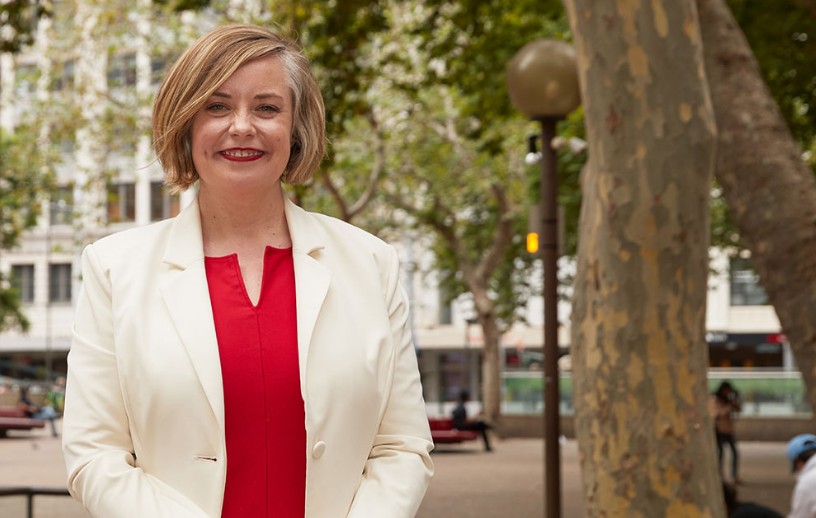A national recycling roundtable I attended last week reinforced my optimism that our efforts to unlock the circular economy are steadily gaining support.
This event, hosted by the Sydney Morning Herald, The Age, and Visy – one of Australia’s largest recycling and packaging companies – was notable for its strong industry presence.
I was heartened to get a real sense of commitment from those present – including federal Environment Minister, the Hon Sussan Ley MP – to reducing waste streams, getting business and communities on board, and maximising opportunities for re-use.
After this meeting, Minister Ley reaffirmed the Government’s commitment to introducing a national bin harmonisation program.
As I made clear during the roundtable, we support a consistent national approach that will increase recycling and reuse of materials and reduce waste sent to landfills.
However, implementing a standardised bin service across our country will cost hundreds of millions of dollars and it shouldn’t be left to our communities to pick up the tab.
In the lead-up to this year’s Federal Election, ALGA will be strongly advocating for support to assist councils with these costs, as well as $100 million per year for investment in circular waste innovation projects.
You can view our full list of Federal Election Priorities here, and I would encourage all councils to pass a motion endorsing this campaign and work with us and their state or territory Local Government Association to ensure no community is left behind.
Regulatory changes to allow wider and heavier trucks on local roads were given in-principle support at this month’s Infrastructure and Transport Minister’s Meeting (ITMM).
It’s disappointing that this decision was made without local government input because it’s councils and our communities that will ultimately foot the bill.
We are working hard to drive a locally led economic recovery, increase productivity and create new jobs, but mandating freight reforms without providing councils with sustainable funding support to implement changes is a potential recipe for economic disaster.
Increasing heavy vehicle sizes could mean we will need to retrofit roads and bridges, taking funding away from other front-line community services, reducing footpaths for pedestrians and footway dining, and reducing green spaces.
I urge you to raise this matter with your state or territory elected representatives so we get a fairer and more sustainable outcome for our communities.
ALGA is asking for a $300 million per year Commonwealth strategic roads funding program that would help us address first and last-mile road transport issues and unlock the productivity of our freight network.
However, this is just to address the current backlog, and allowing bigger trucks on our local roads would significantly increase these costs.
A reminder that motions for our 2022 National General Assembly – to be held from 19-22 June – are due by Friday 25 March.
The is an important opportunity to influence our national policy agenda and I encourage all mayors and councillors to think about the motions they can bring to this year’s NGA.
Please also keep an eye out for the registration brochure and program, which will be provided to all councils and hosted on our website in the coming weeks.
Linda Scott,
ALGA President



